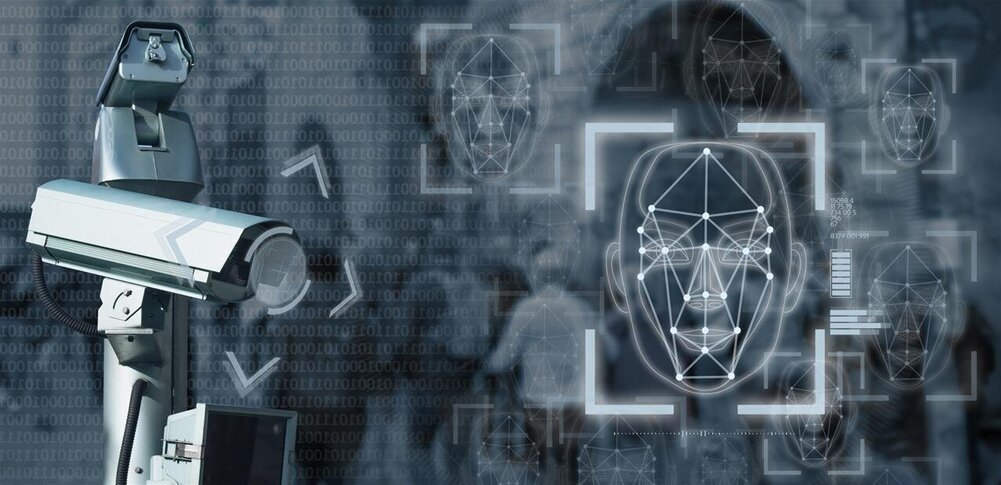The squeaky wheel gets the most attention; people tend to address the loudest problem at the time. However, this isn’t the most efficient method of dealing with the situation. The ethical issues of AI must be addressed today, alongside security concerns.
Organizations that utilizeartificial intelligence (AI) programs are experiencing pressure to include ethical guidelines in the development of AI software as AI programs grow more powerful and widespread. The question is whether ethical AI will become a real priority for businesses, or whether these critical principles will be seen as another roadblock to rapid development and implementation.
Addressing AI bias
AI programs are unquestionably intelligent, but they are still programs, and they are only as intelligent as the thought — and programming — that went into them. Their ability to digest information and develop judgments on their own, adds levels to the programming that aren’t required by moretraditional computing systemsthat account for obvious issues.
Privacy and ethics together
Continued advancements in AI could have far-reaching implications. According to Algorithmia’s third annual survey, 2021 Enterprise Trends in Machine Learning, 76 percent of companies are prioritizing AI and machine learning in their spending plans.
Mots-clés : cybersécurité, sécurité informatique, protection des données, menaces cybernétiques, veille cyber, analyse de vulnérabilités, sécurité des réseaux, cyberattaques, conformité RGPD, NIS2, DORA, PCIDSS, DEVSECOPS, eSANTE, intelligence artificielle, IA en cybersécurité, apprentissage automatique, deep learning, algorithmes de sécurité, détection des anomalies, systèmes intelligents, automatisation de la sécurité, IA pour la prévention des cyberattaques.






